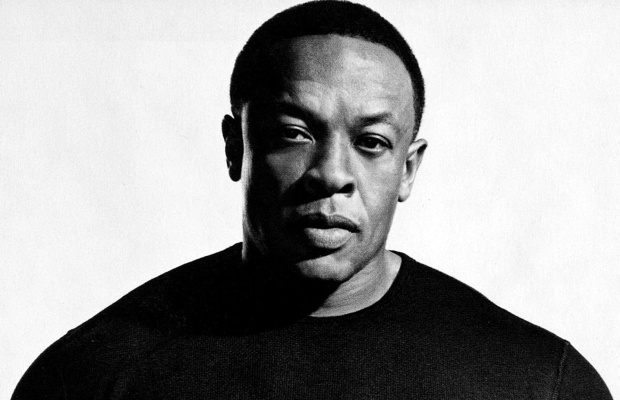Gangsta rap (n): People often get rap and gantsa rap confused when they say all rap glorifies rape, murder, women as sex objects, guns, etc…however when you hear these lyrics you are listening to gantsta rap, not just normal rap. Gangsta rap is credited as the reason why hip hop music is so controversial. Lately, gangsta rap has become much more tame (although it is still pretty hardcore, look at DMX) then the days of NWA.
That’s the Urban Dictionary’s definition of what “gangsta rap” is. But where did the term come from?
This week, L.A. Weekly were on a mission to find out who coined it in the first place.
In the article they go way back to 1989 when they featured a cover story by Robert Hillburn. The piece, which was based on a fight at an N.W.A gig in Anaheim, mentioned that Ice-T “helped popularise the L.A. gangster rap image.” His track 6 ‘N the Mornin’ was cited as the first West Coast gangsta rap song.
While this was the first time the term was used in an article, it doesn’t prove that it was coined by Hillburn. It’s also been suggested that Dr Dre created the term. In a 1993 interview with Rolling Stone with Jonathan Gold, he criticised the media and their coverage of rap music:
“If I’m promoting violence, they’re promoting it just as much as I am by focusing on it in the article,” he said. “That really bugs me out — you know, if it weren’t going on, I couldn’t talk about it. And who came up with that term gangsta rap anyway?”
To which Gold answered, “You did.”
Sure enough, in a 1991 interview he said, “Before N.W.A came out, there was nobody out there doing gangsta rap. We’re the inventors of gangsta rap music.”
Identifiable not only by its straight-up talk of life on the street, gang violence, smoking weed and more, the genre is also known for its samples, simple backing beats and instrumental loops, many of which are instantly identifiable ear-worms even today. Almost by definition, gangsta rap isn’t really being made anymore. Influences are prevalent, of course, but in the same way that rock bands take influence from ’70s psychedelia, or electronic artists borrow from ’80s disco, gangsta rap is largely cemented in time; specifically, the mid ’80s through the 1990s, they heyday of rappers who changed the course of the genre forever, such as Cypress Hill, N.W.A and Snoop Dogg.
The strange thing is, though he clearly used it to describe his music, he doesn’t actually like the term.

